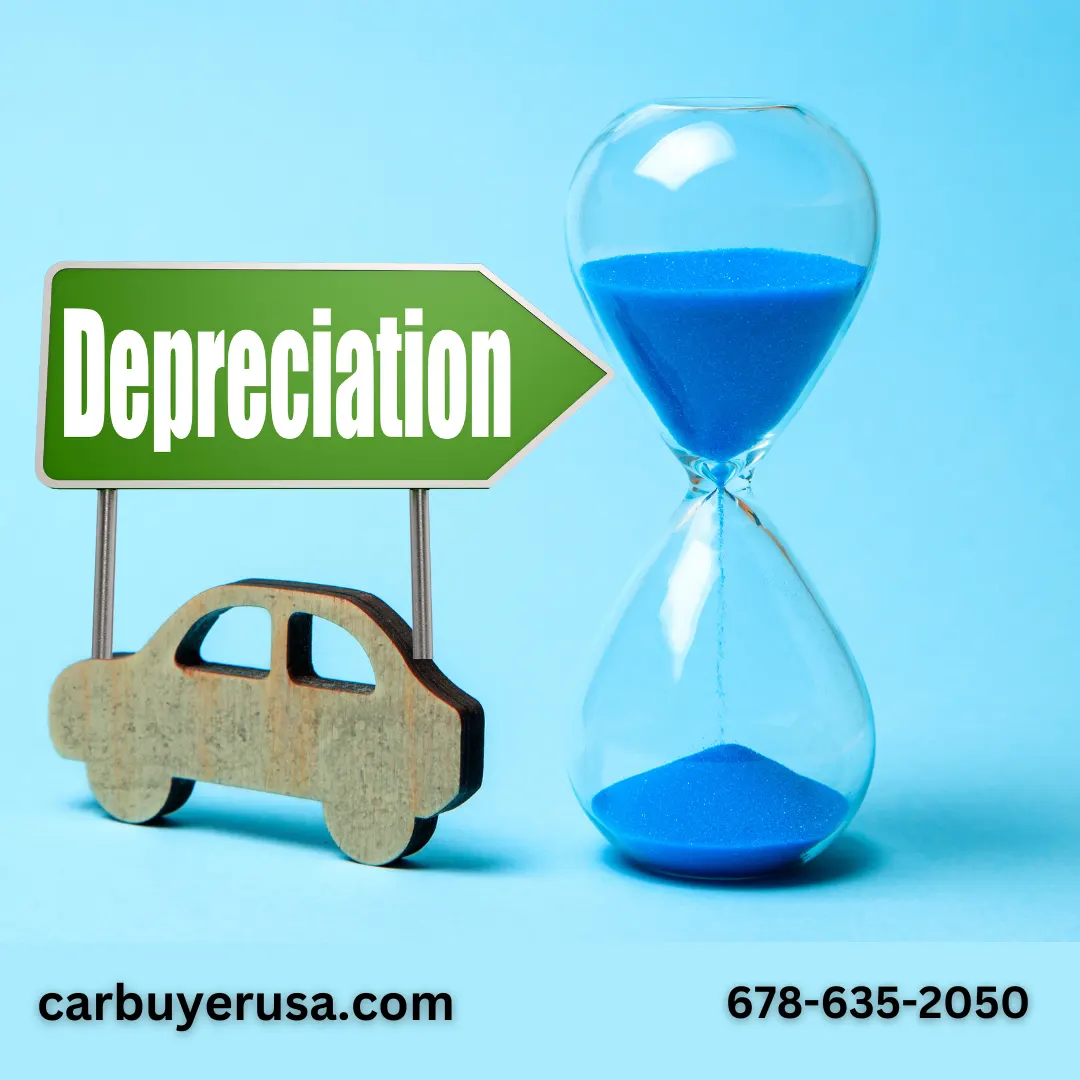
Car depreciation is a crucial consideration for anyone buying or selling a vehicle. Simply put, depreciation is the loss in value a car experiences over time. While all vehicles depreciate, some factors play a more significant role than others in determining how quickly a car loses its value. Understanding these factors can help you make informed decisions when purchasing, maintaining, or selling a vehicle.
One of the primary influences on car depreciation is the brand and model. Certain brands are known for holding their value better due to their reputation for reliability, quality, and durability. Luxury vehicles, for instance, often depreciate faster because of their higher initial cost and more expensive maintenance needs. Conversely, popular, reliable brands tend to retain value over time, making them a better investment.
The vehicle's age is another key factor. New cars typically experience the most significant depreciation within the first few years of ownership, with some losing up to 20% of their value as soon as they leave the dealership. This rapid initial depreciation slows down in subsequent years, but it remains an ongoing process.
Mileage is closely tied to depreciation as well. Cars with higher mileage are generally worth less because extensive use suggests more wear and tear. Buyers often associate high mileage with potential repairs or reduced longevity, which diminishes the car's appeal. Maintaining reasonable mileage relative to the car’s age can help mitigate depreciation.
Condition is also critical in determining how much value a car retains. A well-maintained vehicle with minimal cosmetic damage and a clean interior is far more attractive to potential buyers. Regular servicing, prompt repairs, and keeping detailed maintenance records can significantly slow depreciation.
Market demand plays an important role as well. Some vehicles are simply more sought-after due to their design, features, or fuel efficiency. For example, compact SUVs and hybrid cars have recently enjoyed higher resale values because of growing consumer preferences. Conversely, vehicles that fall out of favor or belong to niche markets may depreciate faster.
Fuel economy and technological advancements can also affect depreciation. Cars with better fuel efficiency are increasingly desirable as gas prices fluctuate. Similarly, vehicles with modern technology, such as advanced safety features or connectivity options, tend to retain value longer. However, overly complex or untested technology might deter buyers, especially if it's costly to repair.
Economic conditions can influence depreciation rates too. During economic downturns, buyers often prioritize affordability, causing luxury or high-performance vehicles to lose value more rapidly. In contrast, economic stability may support better resale values for all types of vehicles.
Finally, accidents or a salvage title can dramatically accelerate depreciation. Even if a damaged car has been expertly repaired, its resale value will be significantly lower than that of a similar vehicle with a clean history. This is due to stigma from the vehicle history report that would-be consumers can readily access via CarFax or Experian Auto Check. EVERYONE wants to see a CarFax report whether the vehicle they are buying is $2,000 or $200,000. They want to know:
- Was it wrecked?
- How bad was the wreck?
- Did Airbags deploy? (points to severity)
- Was it towed from the scene?
- Was it maintained properly?
- Was it in the Rust Belt or the Sun Belt?
- Are there any open recalls?
- Are the miles accurate?
- Has it been in a flood?
- How many previous owners?
Understanding these factors can empower car owners to take proactive steps to maintain their vehicle's value. Whether choosing a reliable brand, staying on top of maintenance, or being mindful of market trends, thoughtful decisions can help minimize depreciation and maximize your investment. You can Find Out What Your Car Is Worth In 20 Seconds by contacting Car Buyer USA today!


